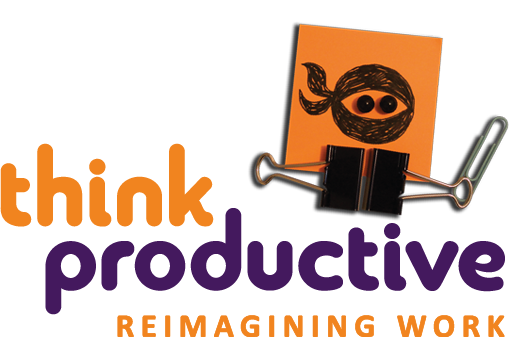Research shows that 1 in 6.8 people are experiencing mental health problems in the workplace and evidence suggests that 12.7% of all sickness absence days in the UK can be attributed to mental health conditions. Although there is an obvious need for better mental health support in the workplace, most people still don’t feel confident to talk about their own problems and struggles with their teams and managers.
Tunafish Media‘s Managing Director, Sam Jones, has first-hand experience with how helpful and important it is to be able to speak openly about mental health, not just in one’s private life but also at work. We got the chance to sit down with Sam and ask him a few questions in regards to mental health in the workplace and what managers can do to put more emphasis on employee well-being.
Can you tell us a little bit about your own experience with mental health and how it has affected your work life?
I’ve had problems on and off with anxiety for as long as I can remember. It’s something- particular panic attacks- that I have tried to hide. A couple of years ago, I had a panic attack in the office in front of everyone and since then I’ve been relatively open about it. They thought I was having a heart attack and wanted to call an ambulance.
These days I’ve just accepted that it’s part of my life. At times I feel great, at others I don’t. I’ve done a lot of CBT therapy and other courses which means if I am feeling particularly anxious I’m a lot more equipped to deal with it.
There are lots of people who are struggling with mental health which results in them having to take longer periods off from work. Why do you think that number keeps increasing?
I’m not sure to be honest, I think it could be a number of things and I’ve read articles arguing the case for various triggers. One thing that really does interest me, is looking into the correlations between the rise in technology and the subsequent changes in our lifestyles and the affects they could be having on mental health.
We’re so connected now, everyone has their phone on them all the time and are constantly processing information from a thousands of different sources on a daily basis. I’m not sure if we’re evolutionarily wired to process that much information all day, every day.

What has helped you take the step to openly talk about your own mental health?
Having a panic attack in the office has meant that people already knew and I’ve found talking about it has really helped as I don’t feel like I am hiding anything. I think over the last couple of years, the stigma around mental health has started to drop with the press starting to work towards breaking down the taboos. All of this helps other people to not struggle in silence and seek the help they may need. I’ve found being open about my problems with anxiety a really positive experience so far.
What role do you think mental health care and awareness should play in the workplace?
I think it should play a huge role but I also think it is a role that is constantly evolving. We spend more time in our workplaces than we do in our homes and it’s hugely important that people feel healthy and happy in the workplace.

Any tips for managers to improve their team’s well-being?
Try and create an environment where your staff are comfortable with being open about their mental to you or your management team. We have also have had group sessions, relaxation techniques and yoga etc which people have found really helpful.
Also, be prepared to let people have a ‘mental health day’ if needs be.
By Hannah Urbanek
Hannah is Think Productive’s Head of Outreach and the voice behind a lot of our editorial and social media content. Would you like to hear more about Think Productive or share relevant content with us? Get int ouch with her directly here or connect with her on LinkedIn.
Before you go…
Do you feel like you experience
a constant feeling of information overload
and distraction?

Our Time Management Training focuses
on your choices, actions, energy and, most
importantly, your attention.
Let’s chat and see how we can help
you and your team become Productivity Ninjas.
